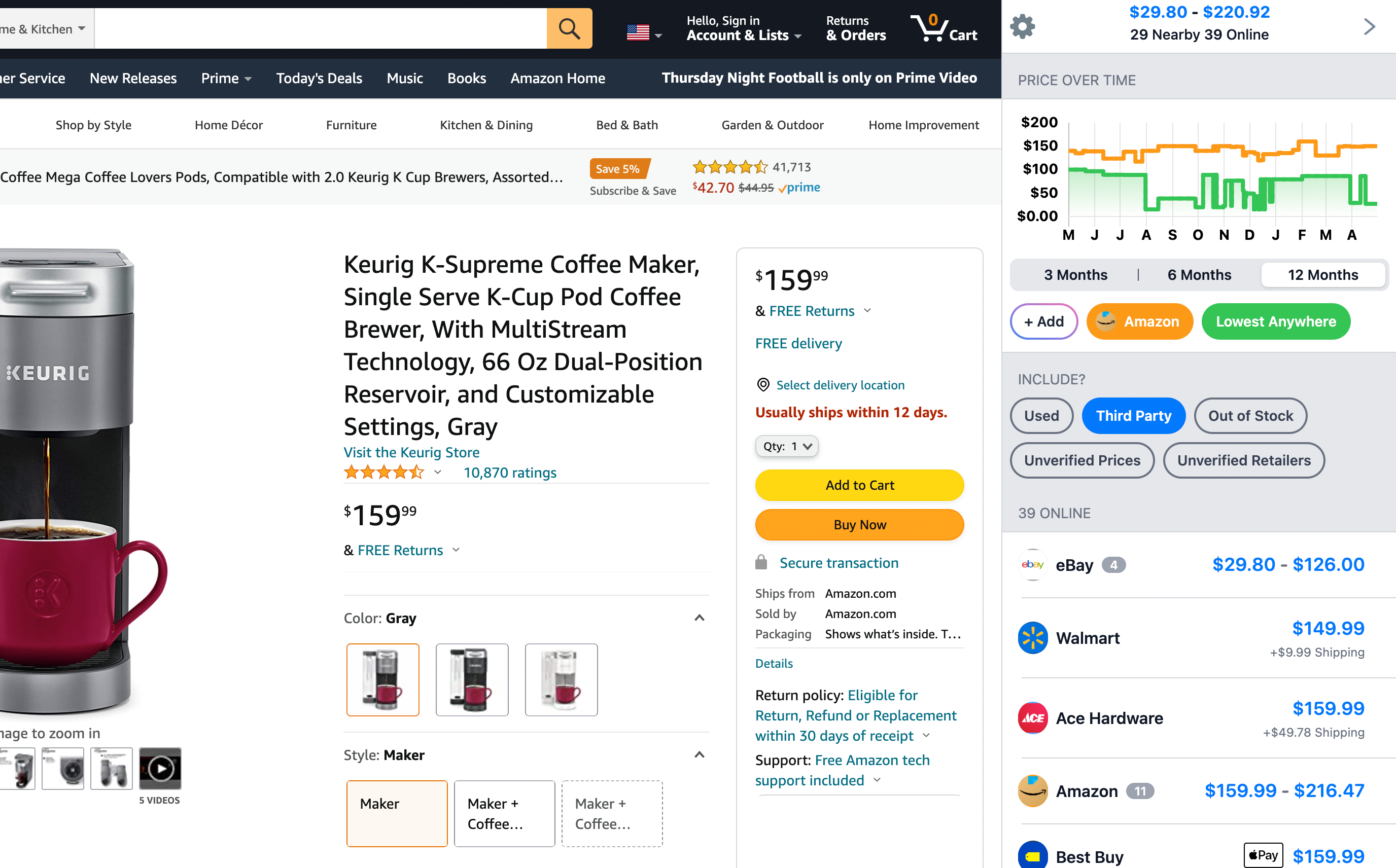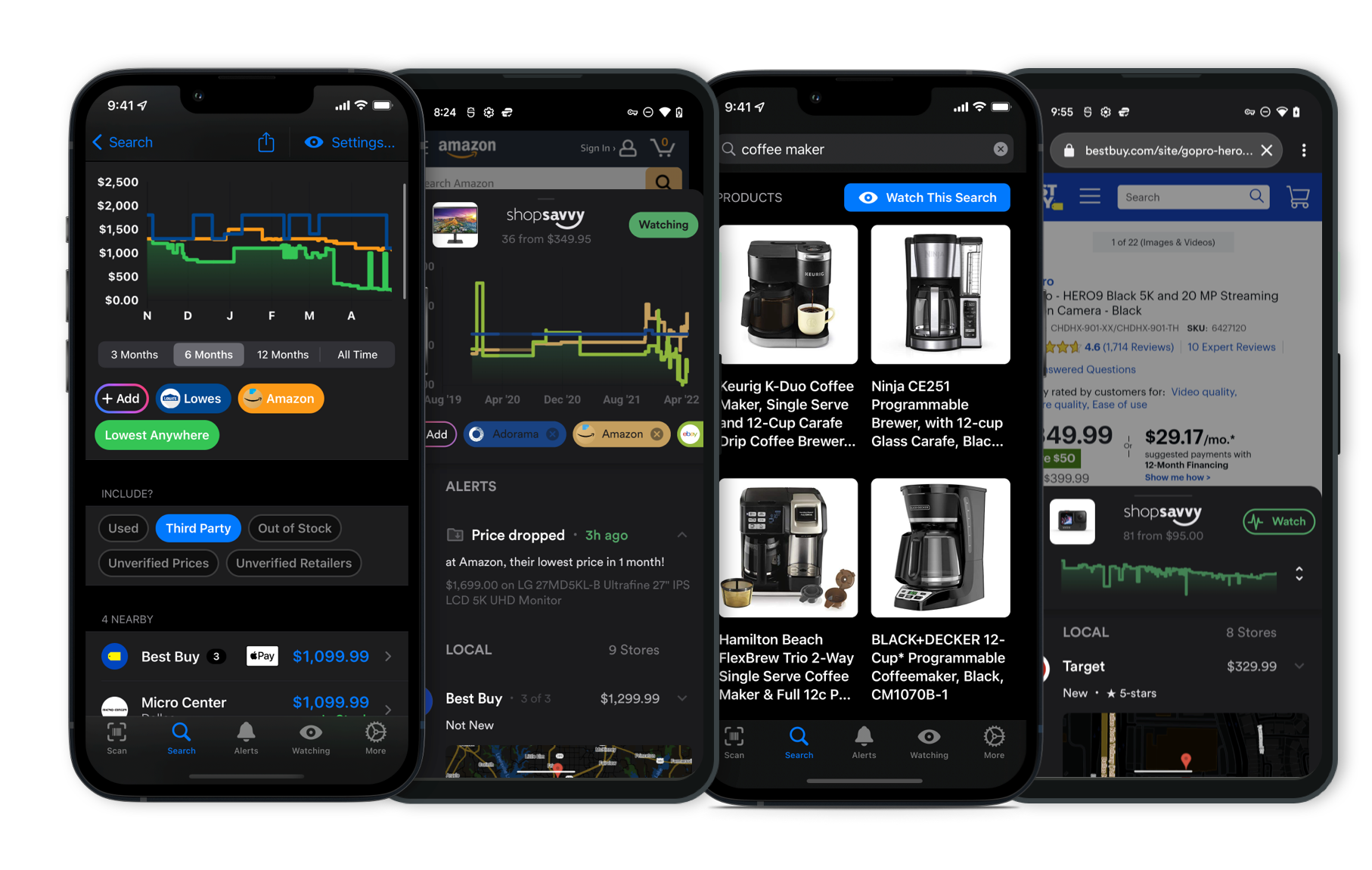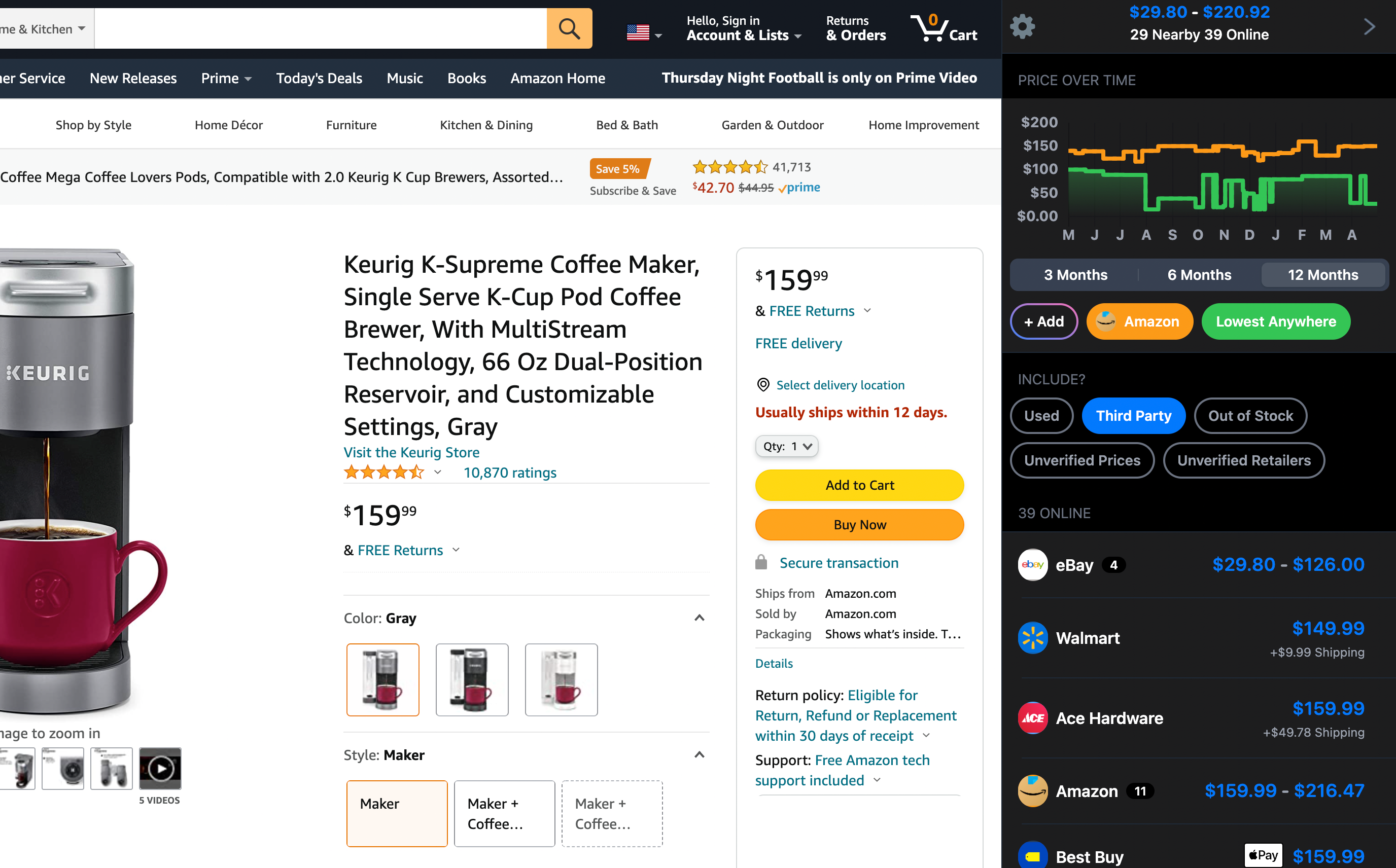
If you're trying to figure out how easy it is to install the Thule Hull-a-Port Rooftop Kayak Carrier, here's the scoop. This carrier is made to be user-friendly, ensuring your kayak is secured without too much hassle.
As for installation, according to the manufacturer's description, you won't need any special tools—just follow the simple instructions, and you should be all set. Our research shows that the wide mouth J-profile design makes loading straightforward, and the built-in padding protects your kayak during the ride.
However, keep in mind that while most people find installation pretty manageable, it's important to make sure your vehicle’s roof rack can handle the Hull-a-Port. It fits most factory racks, but not all, so double-checking compatibility before buying is a smart move.
Once installed, securing your kayak is pretty straightforward with the included sturdy straps. Some experiences suggest double-checking the straps during longer trips or if it's particularly windy, just to be safe.
The Hull-a-Port can hold kayaks up to 75 pounds and 36 inches wide, which works for most recreational and fishing kayaks. A few folks have mentioned feeling a bit uneasy in windy conditions if their kayak is near those size limits, but it's not something that happens often.
In short, as long as everything fits together well and you follow the setup steps, the Hull-a-Port should be a solid option for transporting your kayak to your next adventure.
Where to Buy
Considering the Thule Hull-a-Port Kayak Carrier?
Here's our "TLDR" Review
 Download ShopSavvy App
Download ShopSavvy AppCompare prices for anything in real-time, set price alerts, watch for deals by keyword, and much more
 Install ShopSavvy Browser Extension
Install ShopSavvy Browser ExtensionCompare and track prices automatically while you shop online at thousands of websites.
More Answers
If you're still curious about the Thule Hull-a-Port Kayak Carrier, here are some other answers you might find interesting:
The Thule Hull-a-Port 834 kayak carrier, known for its reliable J-style design, can handle kayaks up to 75 pounds. Just make sure your kayak doesn't go over this weight to keep things safe on the road.
When it comes to maximum kayak width, the manufacturer doesn't specify an exact number. However, it's made to fit most standard kayak sizes. Still, it's smart to double-check that your kayak will fit comfortably and securely.
In our research, people generally like the Hull-a-Port for its durability and how securely it holds kayaks in place, even with its all-weather padding and sturdy straps. It's designed to work with all Thule rack systems and most factory racks, which is handy if you're using different vehicles.
There are a couple of things to keep in mind, though. Some users have noted that the installation instructions could be better, and there might be a need for adjustments like longer bolts, especially if your vehicle's rack isn't a perfect match.
Plus, since it doesn't fold, storing it can be a bit of a hassle and might cause some extra wind noise while driving.
Overall, the Hull-a-Port does a great job of keeping your kayak safe during trips, even at high speeds. But if you're planning to carry larger kayaks or travel in windy conditions, double-checking how your kayak fits the carrier can make for a smoother ride.
If you often deal with height limitations or specific rack systems, looking into foldable carriers or making minor tweaks might improve your experience. Just make sure everything lines up right with your vehicle, rack, and kayak for the best outings.
Yep, the Thule Hull-a-Port 834 works with Thule Aeroblade crossbars. The manufacturer specifically mentions that it fits a range of roof racks, including the Aeroblade, which is great if you're looking to transport your kayak using Thule's crossbar systems.
One thing people appreciate about the Hull-a-Port 834 is its wide-mouth J-profile. This feature makes it easier to load and unload your kayak and keeps it securely on its side—super helpful for vehicles like taller SUVs. You might find the side-loading design handy if reaching the roof of your SUV feels like a challenge.
That said, there are a couple of things to keep in mind. With taller SUVs, installing or removing the Hull-a-Port can be a bit of a hassle. Some suggest keeping a step stool around to make it easier, especially when you're strapping in your kayak securely.
Using the included straps and tie-downs properly is really important, especially if you plan on driving fast or in windy weather. It'll help keep things steady while you drive.
Also, be aware that the Hull-a-Port 834 can handle kayaks up to 75 pounds and 36 inches wide. Make sure your kayak fits these guidelines to keep things running smoothly. Going over these limits could make loading trickier and might affect how well the carrier works.
If you're heading out on a trip and need extra roof space, the Hull-a-Port's design helps save room on your rack, which is great if you have more gear to bring along.
With some prep work—like having a step stool, securing your kayak properly, and checking the weight limits—the Thule Hull-a-Port 834, paired with Thule Aeroblade crossbars, can make your kayak transport go smoothly.
Enjoy your adventure!
If you're trying to figure out how easy it is to install the Thule Hull-a-Port Rooftop Kayak Carrier, here's the scoop. This carrier is made to be user-friendly, ensuring your kayak is secured without too much hassle.
As for installation, according to the manufacturer's description, you won't need any special tools—just follow the simple instructions, and you should be all set. Our research shows that the wide mouth J-profile design makes loading straightforward, and the built-in padding protects your kayak during the ride.
However, keep in mind that while most people find installation pretty manageable, it's important to make sure your vehicle’s roof rack can handle the Hull-a-Port. It fits most factory racks, but not all, so double-checking compatibility before buying is a smart move.
Once installed, securing your kayak is pretty straightforward with the included sturdy straps. Some experiences suggest double-checking the straps during longer trips or if it's particularly windy, just to be safe.
The Hull-a-Port can hold kayaks up to 75 pounds and 36 inches wide, which works for most recreational and fishing kayaks. A few folks have mentioned feeling a bit uneasy in windy conditions if their kayak is near those size limits, but it's not something that happens often.
In short, as long as everything fits together well and you follow the setup steps, the Hull-a-Port should be a solid option for transporting your kayak to your next adventure.
Explore Content
More to Explore
Footer 1
Published
Subscribe for Updates
Get the latest news, and updates on ShopSavvy. You'll be glad you did!


